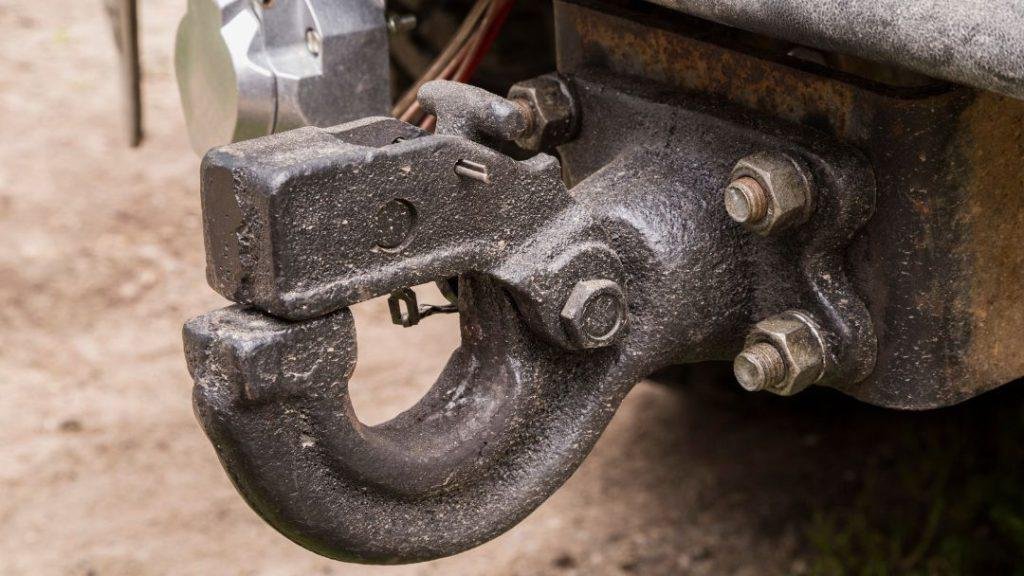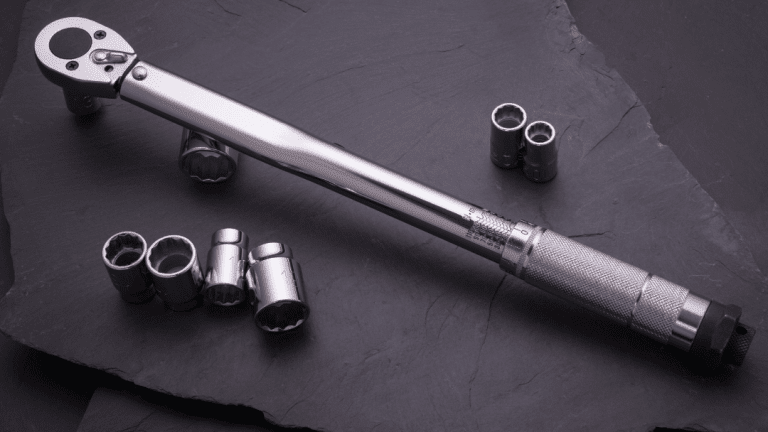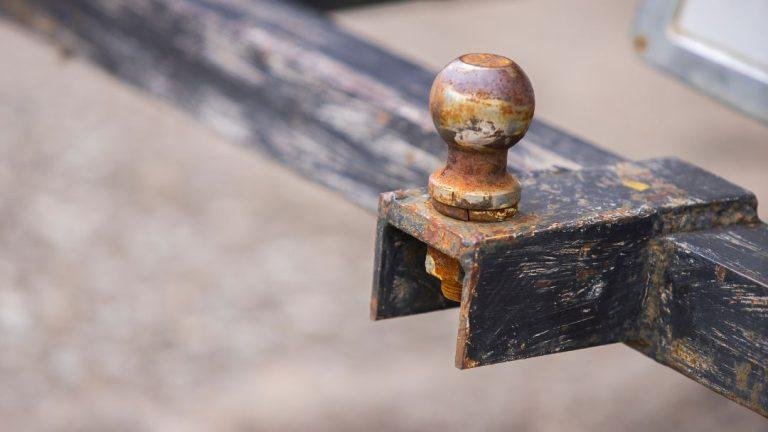A pintle hitch is a type of towing hitch that allows for a greater range of motion and a higher towing capacity than a typical ball hitch. This unique mechanism makes it an invaluable tool for heavy-duty towing, off-roading, and commercial use. This comprehensive guide will explore the many advantages of pintle hitches, their appropriate applications, legal considerations, and more.
What is a Pintle Hitch Trailer?
A pintle hitch trailer is a trailer designed to be towed using a pintle hitch. These trailers usually feature a circular lunette ring, which couples with the pintle hook on the towing vehicle. Pintle hitch trailers are typically designed for heavy-duty use, such as construction equipment, military vehicles, or industrial machinery.

Why is a Pintle Hitch Better?
To assess the performance of pintle hitches, one must consider several metrics, such as durability, load capacity, versatility, and ease of use. Given these parameters, pintle hitches excel in all aspects, providing reliable performance even under tough conditions. Users often appreciate the added confidence when towing heavy or large trailers with pintle hitches, further validating their effectiveness.
Comparison to Other Hitches
When compared to other hitch types, such as ball hitches, pintle hitches offer superior strength and versatility. The unique design allows it to connect with lunette rings, which are particularly advantageous when towing heavy loads or maneuvering on uneven terrain.
Advantages of Pintle Hitches
Pintle hitches offer several specific advantages. First, they have a higher weight capacity, often up to 60,000 lbs. Second, the pintle and lunette ring connection provides more swivel and tilt motion, reducing strain on the hitch and providing smoother towing over rough terrains.
Real-world Applications
In the real world, pintle hitches are preferred for heavy-duty applications such as construction, agriculture, and military use. These sectors benefit from the robust construction and high-weight capacity of pintle hitches, ensuring reliable performance under rigorous conditions.
The Benefits of a Pintle Hitch
Durability and Strength
One of the defining features of pintle hitches is their durability. Constructed with heavy-duty materials, they are designed to withstand rough handling and heavy loads. Furthermore, their high weight capacity makes them an ideal choice for towing heavy-duty trailers and machinery.
Versatility and Range of Motion
Pintle hitches provide a wide range of motion due to their design, allowing the trailer to move more freely in all directions. This makes them suitable for towing in off-road conditions or over uneven terrain, where conventional hitches might experience strain and wear.
Ease of Use
While the pintle hitch may seem intimidating, it is relatively straightforward to use. Its simple hook and loop design make connecting and disconnecting the trailer quick and easy, saving time and reducing the risk of mishandling.
When to Use a Pintle Hitch
Ideal Situations for Pintle Hitches
Pintle hitches are most useful in situations where heavy loads need to be towed or when the terrain is challenging. They are an excellent choice for commercial vehicles, construction and agricultural equipment, military use, and off-road applications.
Commercial and Recreational Use
In commercial settings, pintle hitches are commonly found on dump trucks, tow trucks, and other heavy-duty vehicles. For recreational use, pintle hitches can be found on off-road vehicles and camper trailers, offering a durable and reliable towing solution.
Legal Considerations for Pintle Hitches
Legality in Different Regions
Pintle hitches are generally legal to use across the globe. However, it’s always important to check local regulations, as some jurisdictions may have specific requirements or restrictions regarding hitch types and towing equipment.
Requirements for Legal Use
Typically, requirements for legal use include ensuring the hitch is properly rated for the weight being towed and that safety chains are used as a backup in case
the main hitch connection fails. Regular inspection and maintenance of the hitch are also crucial to ensure safe and legal operation.
Are Pintle Hitches Noisy?
Pintle hitches can be a bit noisier than other types of hitches due to the loose coupling between the pintle hook and lunette ring. This can result in clanking noise, especially when driving over bumps or rough terrain.
However, it’s important to remember that the noise does not indicate a problem with the hitch; it’s simply a characteristic of the design. To reduce noise, consider using a hitch silencer pad or a similar product.
Can You Flip a Pintle Hitch?
Flipping a pintle hitch refers to the practice of adjusting the position of the hitch to either raise or lower the height of the trailer connection. This can be useful in situations where the towing vehicle and trailer are significantly different in height.
Flipping a pintle hitch is feasible, but it is essential to ensure that the hitch is secure in its new position and that the load remains balanced. Consult the hitch’s manual or a professional to ensure it’s done safely.
Conclusion
Pintle hitches offer numerous benefits, including superior strength, flexibility, and ease of use, making them a valuable tool for both commercial and recreational towing. However, like all equipment, it’s essential to use them correctly and within their specified limits. By understanding when to use a pintle hitch and how to operate it safely, you can take full advantage of its capabilities and ensure a smooth, efficient towing experience.




